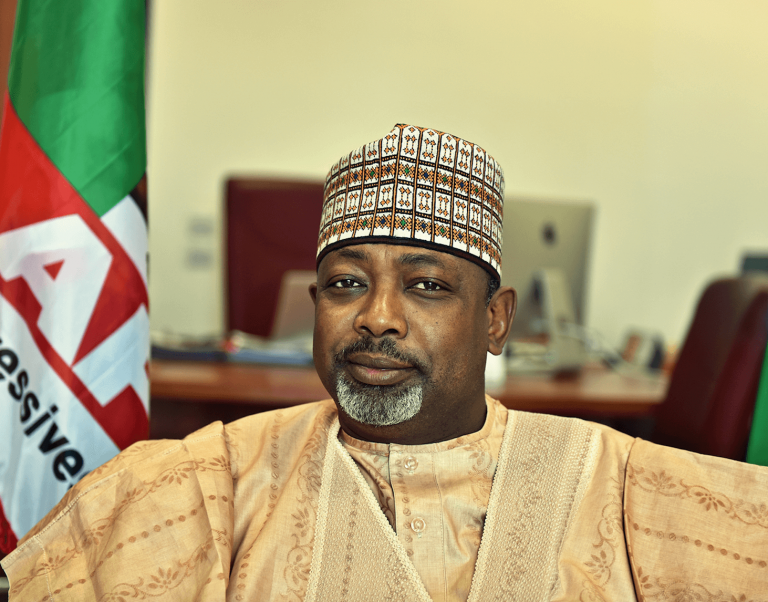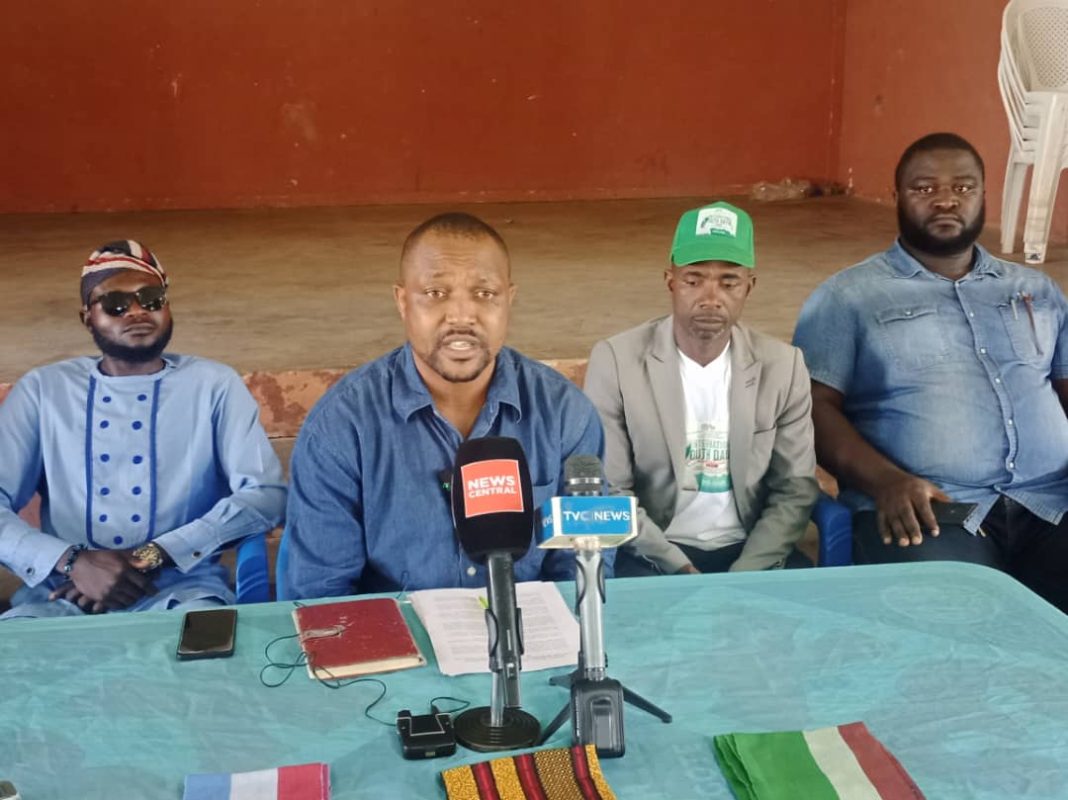The Federal Government on Tuesday unveiled the 2025–2030 revised National Youth Manifesto in Agriculture, aimed at positioning young people as key drivers of Nigeria’s agricultural transformation.
The launch, held in Abuja, was organised in partnership with the Leonard and Nkiruka Okorkwo Foundation (LANOF), the Heinrich Böll Foundation (HBF), and other stakeholders. Also introduced was the 2025 Nigerian Youth in Agribusiness Call to Action, a framework to strengthen youth participation in the sector.
Minister of Agriculture and Food Security, Senator Abubakar Kyari, represented by Mrs. Safina Abdullah, said the manifesto was a “youth-owned roadmap for the future of agriculture in Nigeria,” stressing that young people are not just beneficiaries but “architects and drivers” of the nation’s food systems.
Kyari explained that the manifesto is anchored on eight priorities:
- Agroecology and climate resilience
- Access to land and inputs
- Youth-responsive finance and markets
- Agri-tech innovation and research
- Capacity development
- Gender and social inclusion
- Policy advocacy and governance
- Mentorship and intergenerational learning
He noted that the document aligns with existing frameworks, including the National Agriculture Technology and Innovation Policy (NATIP) 2022–2027 and the revised National Gender Policy in Agriculture (2025–2030), while pledging government commitment to actionable programmes such as mechanisation, digital platforms, and extension services.
Co-founder of LANOF, Nkiruka Okorkwo, described the manifesto as a youth empowerment tool designed to build a “resilient and future-focused food system.” HBF Country Director, Sophie von Knebel, lauded the collaboration behind the initiative, while Blessing Akhile of ActionAid Nigeria reaffirmed support for inclusion and gender equality in agriculture.
Kyari urged young Nigerians to seize the opportunity, saying:
“Own this process. Build enterprises, not just farms. Innovate solutions, not just demand opportunities.”
The manifesto is expected to serve as a policy guide and practical framework to unlock youth leadership across agricultural value chains and reshape Nigeria’s food security landscape.





